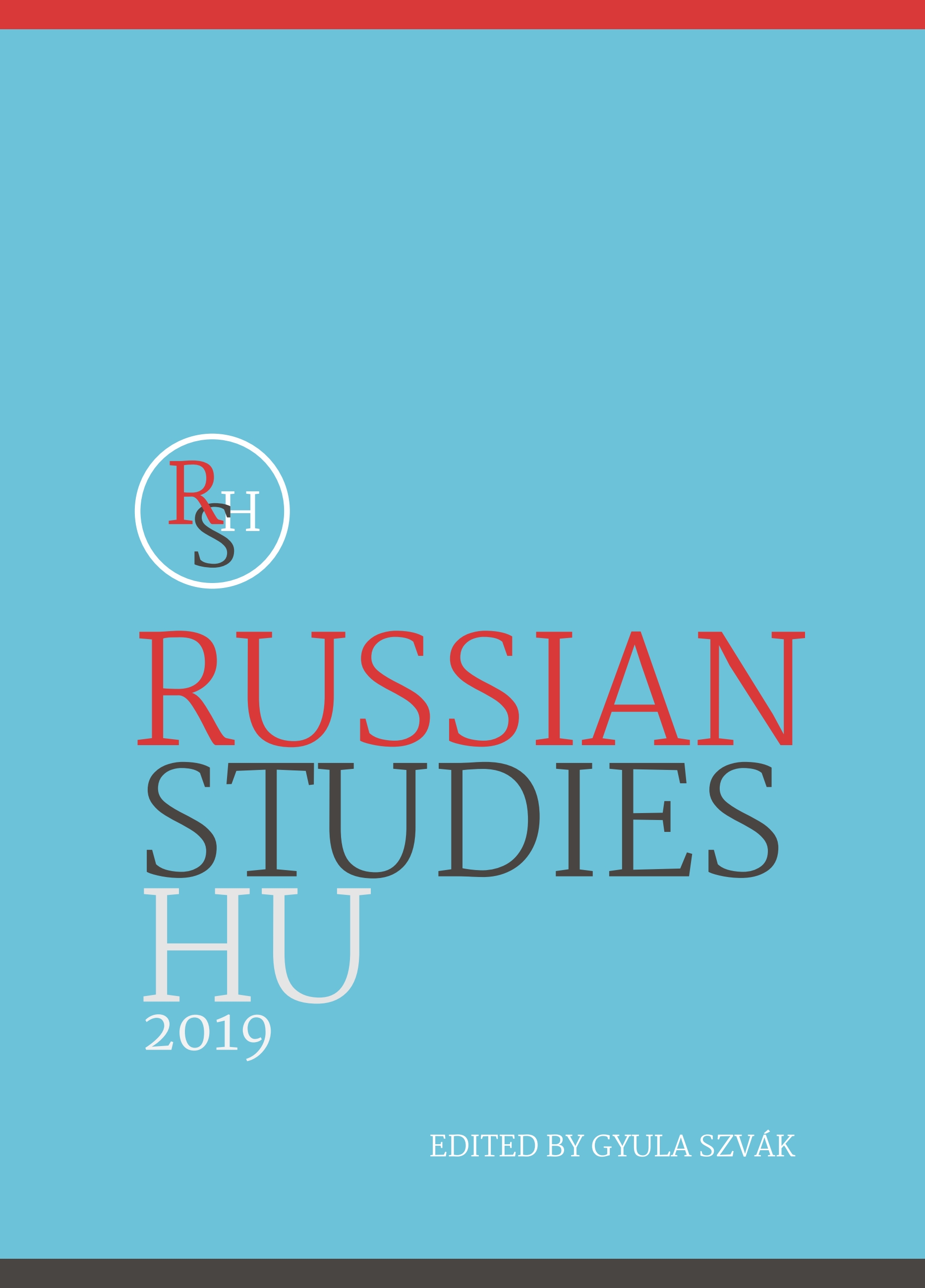Holdudvarból börtönbe. Háy Gyula magyarországi karrierje, 1945–1965
From the Inner Circle to Prison: Gyula Háy’s Career in Hungary, 1945–1965
Author(s): Ádám FarkasSubject(s): WW II and following years (1940 - 1949), Post-War period (1950 - 1989)
Published by: RussianStudiesHu
Keywords: Gyula Háy; Hungarian Writers’ Union; socialism; reform-communism; opposition; memoir; bureaucracy; intellectuals
Summary/Abstract: This research examines Gyula Háy’s career in Hungary from 1945 to 1965. Gyula Háy is one of the best known Hungarian playwrights in Europe despite the fact he is entirely forgotten in Hungary. This essay is focusing on Háy’s transformation and his way to the opposition: a formerly loyal Party writer (and the first Secretary-General of the Hungarian-Soviet Cultural Society in 1945–1946) became one of its most ardent critics. Háy was awarded the Kossuth Prize in 1951 for his literary achievements. He was the head of the department of dramaturgy at University of Theater and Film Arts. At this time Háy was a member of practically all literary delegations travelling abroad, he visited almost all the Soviet satellite countries. After Stalin’s death and with the New Course, the communist writers realized that they were supporting a system which corrupted their socialist belief in everyday life. The literary press was the main instrument of the writers where they could express their general social dissatisfaction, specifically regarding the bureaucracy’s damaging role, and engage in a criticism of dogmatism in the communist party, rejecting the cult of personality, and expose the unlawfulness of the communist leaders and the writers’ grievances in cultural life. After the revolution of 1956 he and other writers were sentenced to prison as the ‘spiritual leaders of the revolution.’ The research is based on the Háy couple’s autobiographies, archival documents and periodicals. These different documents reflect the public sentiment, political belief, ideology, and personal reinvention that individuals living through these events grappled with.
Journal: RussianStudiesHu
- Issue Year: 2019
- Issue No: 1
- Page Range: 63-95
- Page Count: 33
- Language: Hungarian

